Portugal, a captivating gem on the Iberian Peninsula, is a destination that enchants travelers with its rich history, vibrant culture, and stunning landscapes. From the ancient streets of Lisbon to the serene vineyards of the Douro Valley, Portugal offers an array of experiences that cater to every kind of traveler.
Whether you’re drawn to its architectural marvels, delectable cuisine, or the warmth of its people, there are essential things to know before embarking on your journey to ensure you make the most of your visit. Here, we will delve into valuable insights and practical tips to prepare for an unforgettable adventure in Portugal.
Language and Communication

Portuguese is the official language of Portugal, and while English is widely spoken in tourist areas and larger cities, it’s always appreciated when visitors make an effort to speak some basic Portuguese.
Common phrases like “Olá” (Hello), “Obrigado” (Thank you), and “Por favor” (Please) can enhance your interaction with the locals. Having a phrasebook or a translation app can be particularly handy in more rural areas where English may not be as prevalent.
Pack Based On Climate
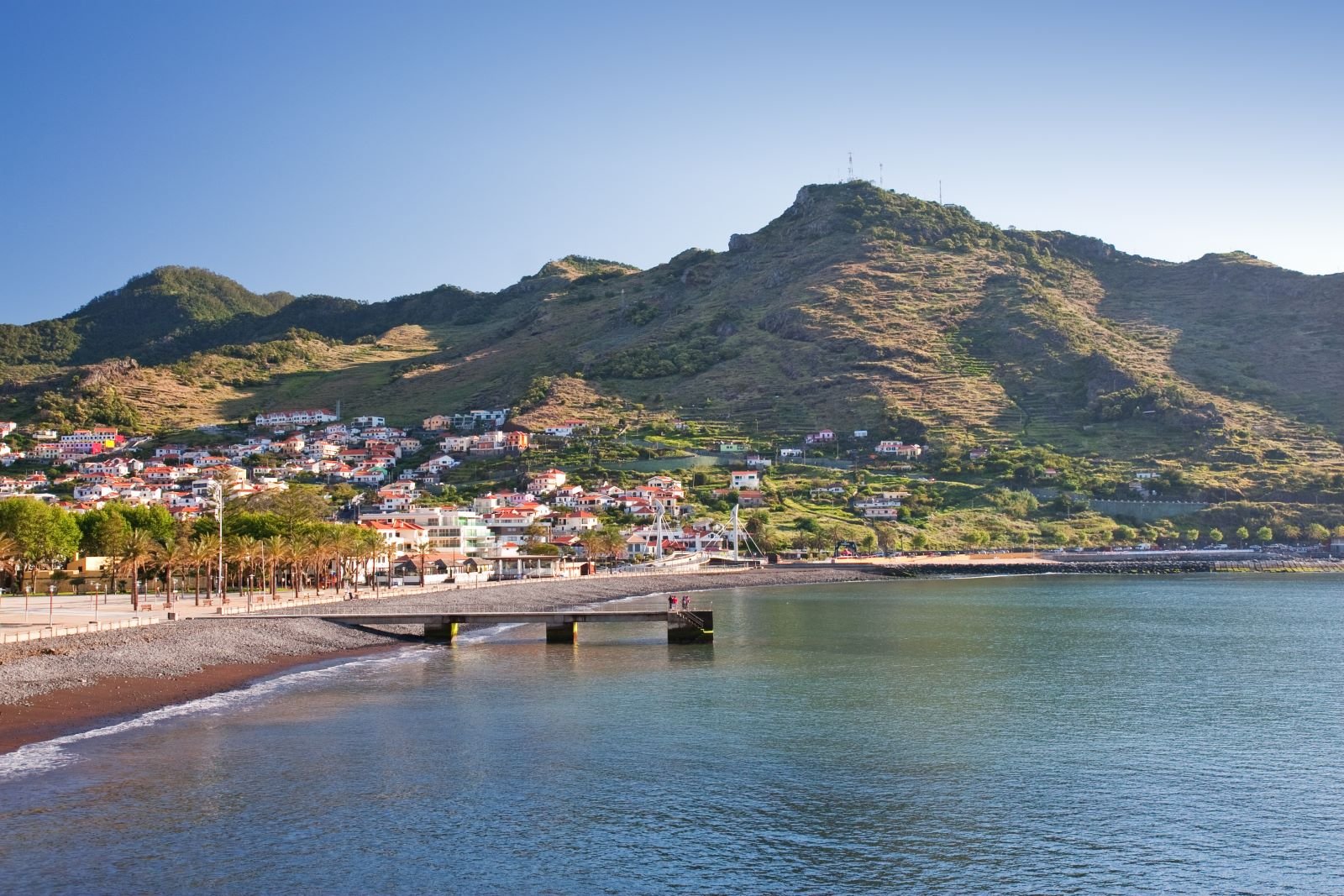
Portugal enjoys a Mediterranean climate with hot, dry summers and mild, wet winters. The coastal areas, including Lisbon and Porto, experience milder temperatures compared to the inland regions. If you’re visiting in summer, pack light, breathable clothing, sunglasses, and sunscreen to protect against the strong sun. Winter visits will require warmer clothes, especially if you plan to explore the northern parts or the mountainous regions.
Exploring Portuguese Cuisine

Portuguese cuisine is a delightful blend of Mediterranean flavors with a unique twist. Seafood is a staple, with dishes like Bacalhau (salted cod), grilled sardines, and octopus rice being must-tries. Don’t miss the famous Pastel de Nata, a delectable custard tart that pairs perfectly with a cup of Portuguese coffee. Additionally, Portugal is renowned for its wine, especially Port wine from the Douro Valley and Vinho Verde from the Minho region.
Navigating the Transportation System
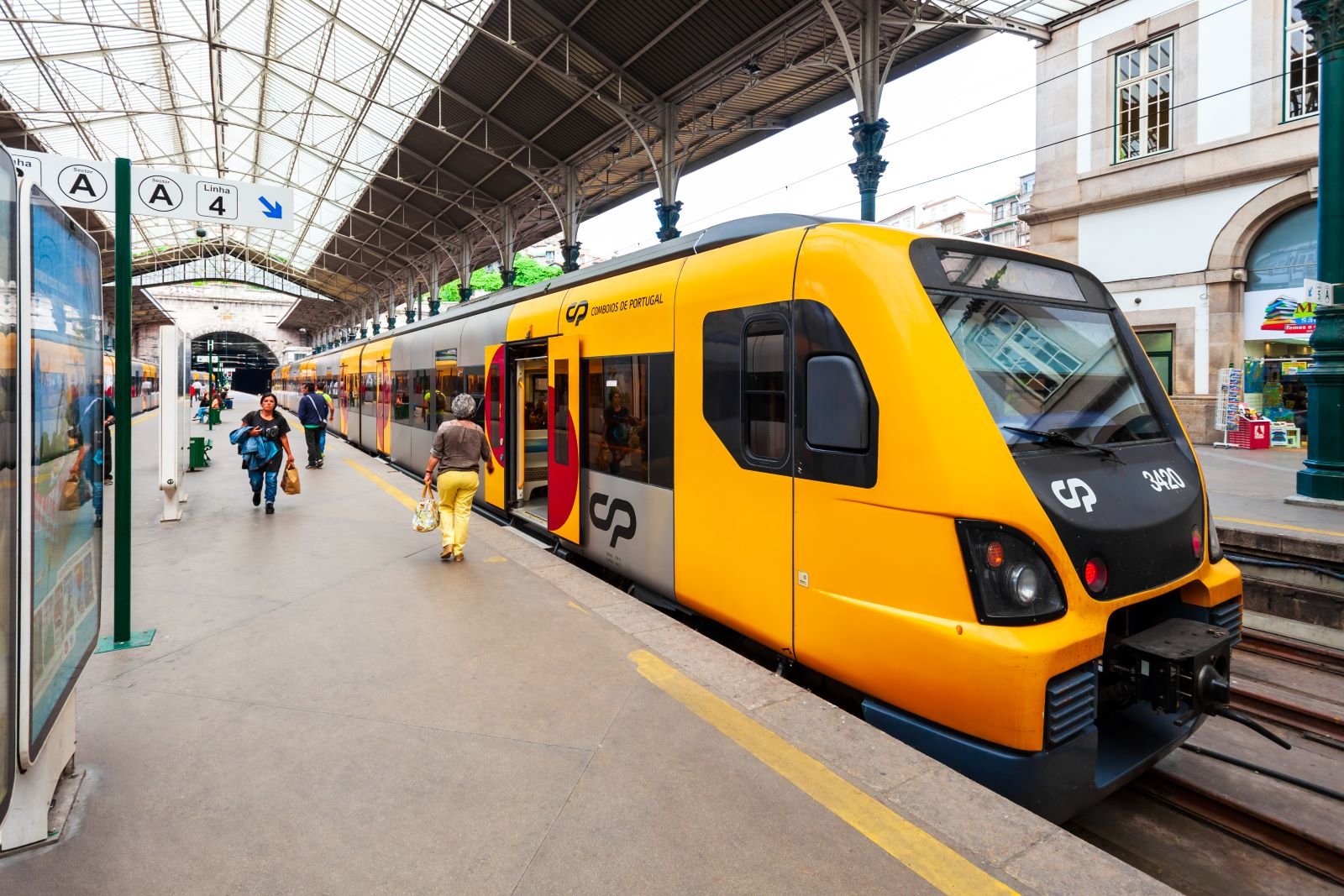
Portugal has a well-developed transportation system that makes it easy to get around. The country’s railway network connects major cities and towns, offering a scenic and comfortable mode of travel. Trains are affordable and efficient, making them a great option for intercity travel. For urban exploration, Lisbon and Porto have excellent public transportation, including trams, buses, and metro systems. Renting a car is another option, particularly if you wish to explore the picturesque countryside and coastal areas at your own pace.
Understanding the Culture and Etiquette
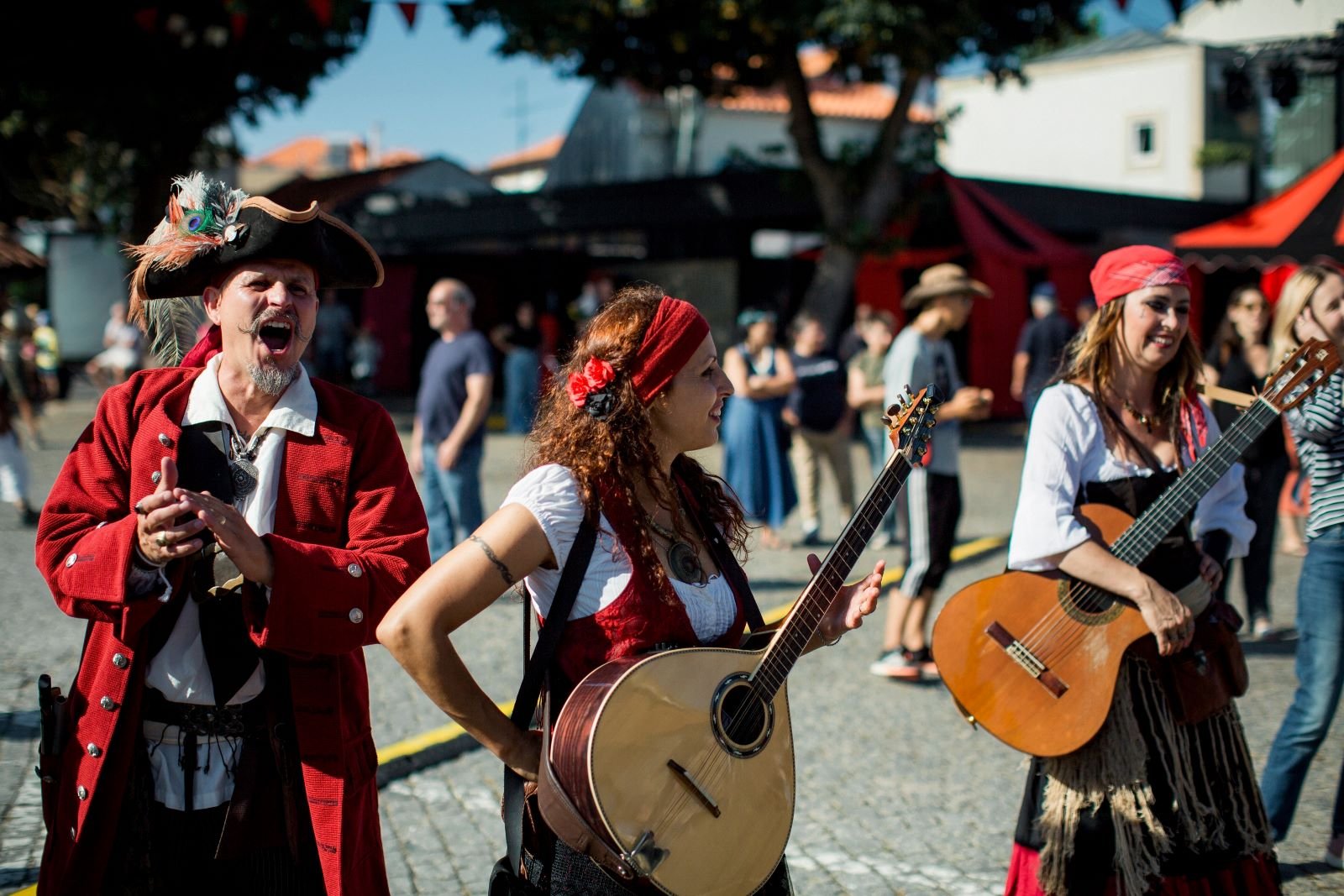
Portuguese culture is characterized by a strong sense of tradition and community. Family plays a central role in social life, and Sundays are typically reserved for family gatherings and leisurely meals. When greeting someone, a handshake is common, but friends and acquaintances often exchange two kisses on the cheek. Punctuality is appreciated, especially for formal appointments, but social gatherings tend to be more relaxed about timing.
Festivals and Events
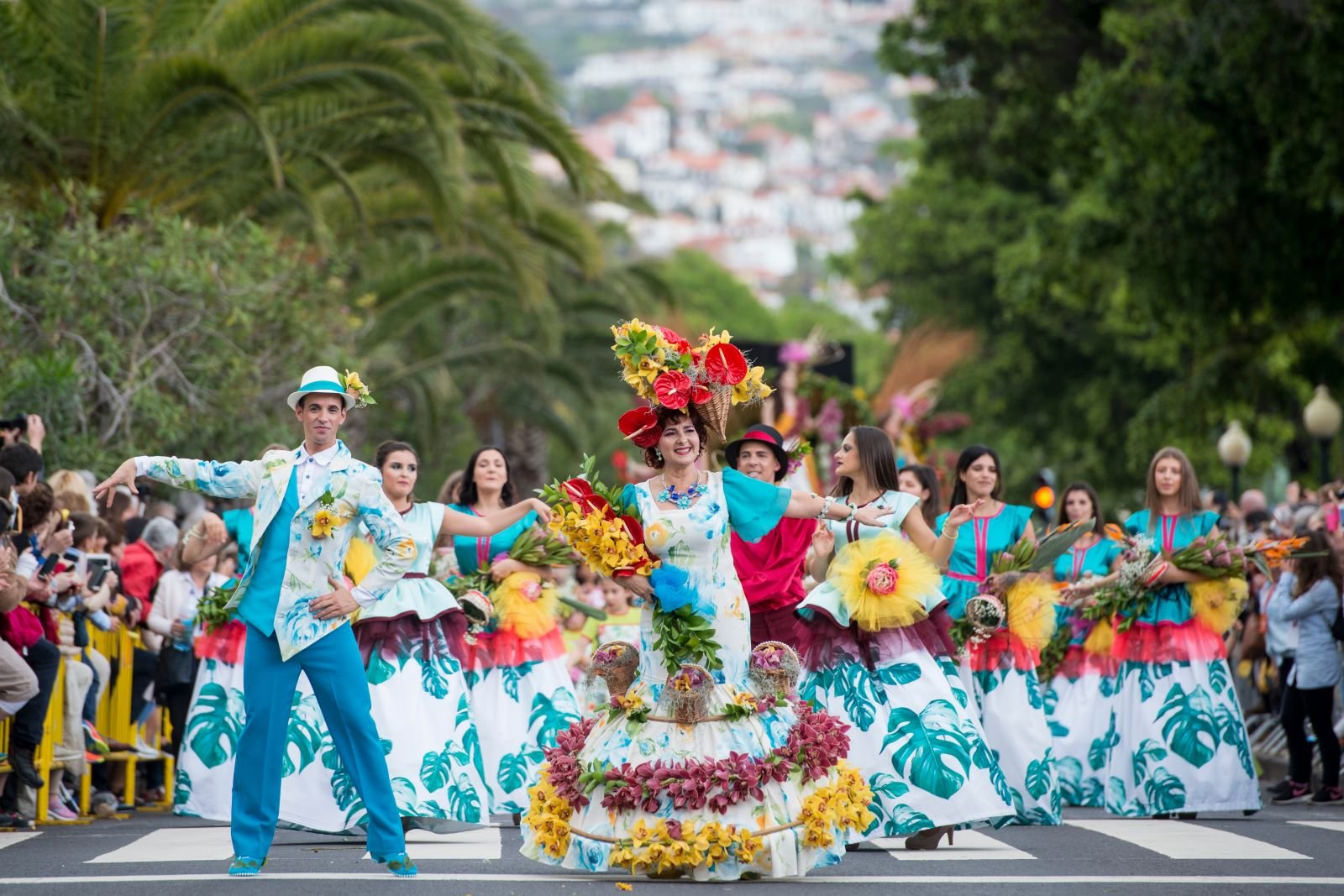
Portugal hosts numerous festivals and events throughout the year that reflect its vibrant culture and traditions. One of the most famous is the Festa de São João in Porto, celebrated in June with street parties, fireworks, and traditional music. The Lisbon Carnival in February features parades and colorful costumes, while the Fatima Pilgrimage in May attracts thousands of pilgrims to the Sanctuary of Our Lady of Fatima. These events offer a unique glimpse into Portuguese customs and provide lively entertainment for visitors.
Scenic Landscapes and Outdoor Activities
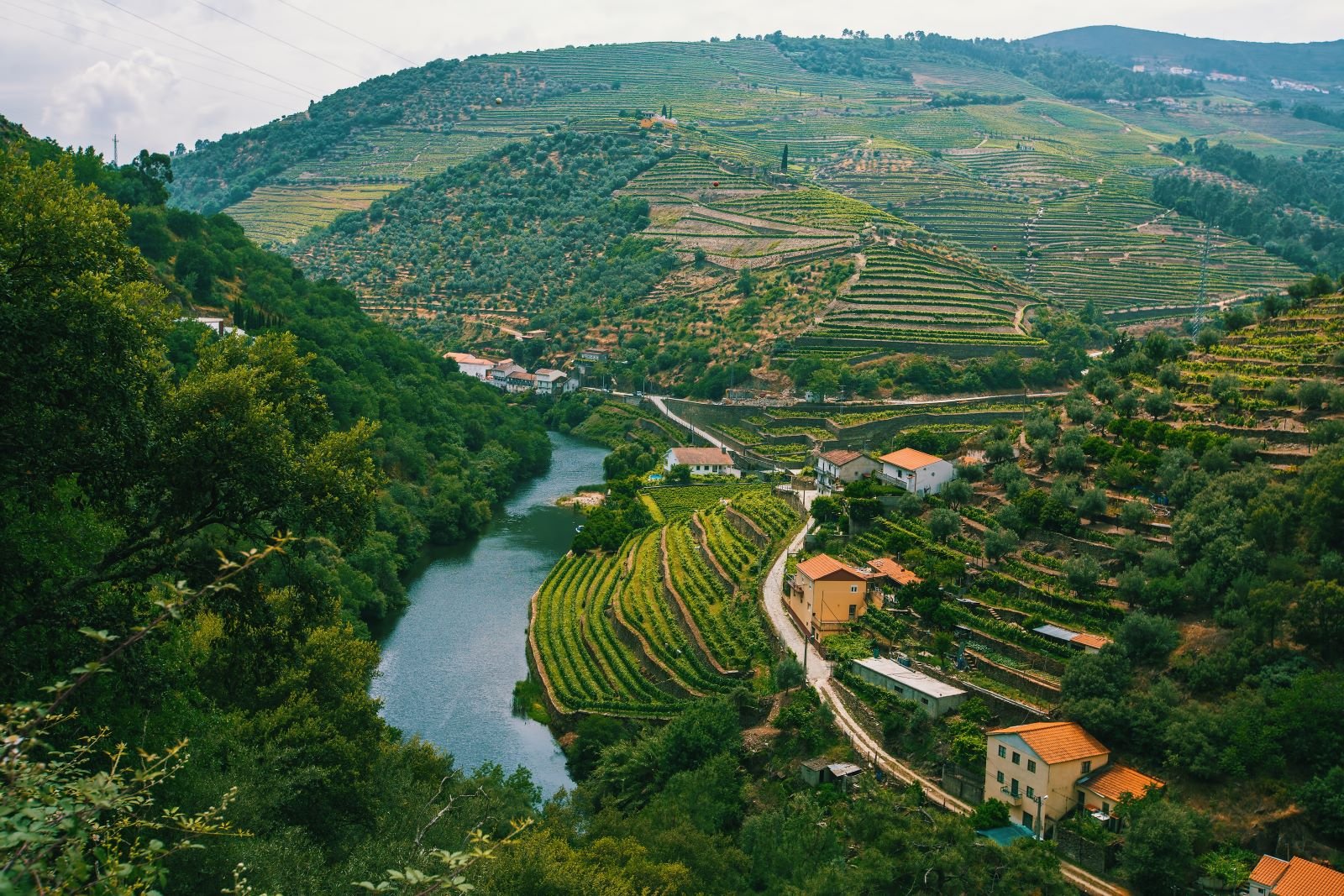
Portugal’s diverse landscapes offer a plethora of outdoor activities for nature enthusiasts. The Algarve region is famous for its stunning beaches, dramatic cliffs, and golf courses. The Douro Valley, with its terraced vineyards, is perfect for wine tours and river cruises. For hiking and adventure, the Peneda-Gerês National Park in the north provides scenic trails, waterfalls, and wildlife. Surfing is also popular, with world-class waves at spots like Nazaré and Ericeira attracting surfers from around the globe.
Safety and Health Considerations
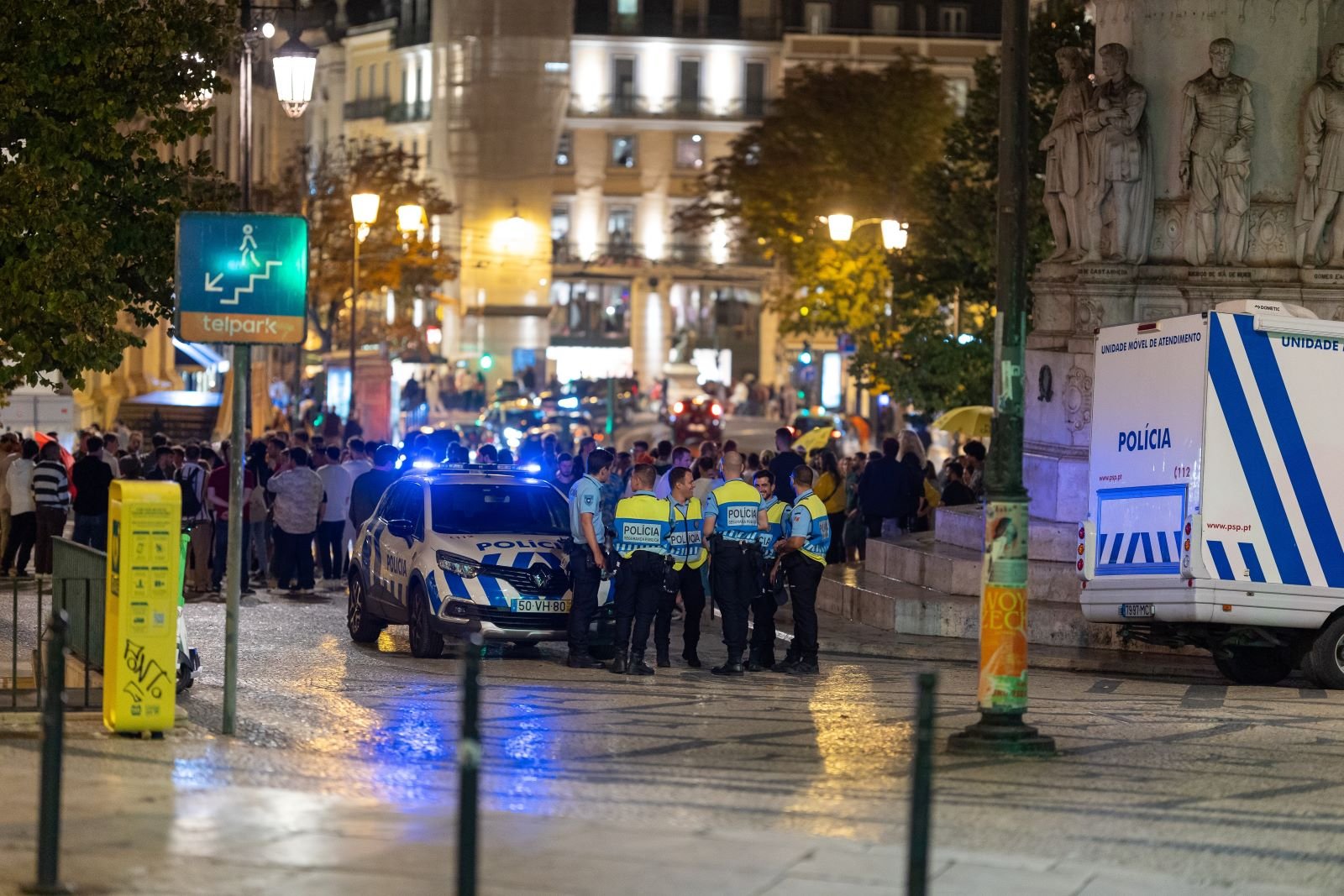
Portugal is generally a safe destination for travelers, with low crime rates and a stable political environment. However, it’s always wise to take standard precautions, such as keeping an eye on personal belongings and avoiding poorly lit areas at night. Health facilities are of a high standard, and pharmacies are readily available for minor ailments. It’s advisable to have travel insurance that covers medical expenses and emergency evacuation.
Currency and Payment Methods

The official currency of Portugal is the Euro (€). Credit and debit cards are widely accepted, but it’s useful to carry some cash for small purchases, especially in rural areas or smaller establishments. ATMs are plentiful in cities and towns, but be aware that some may charge withdrawal fees for foreign cards. Tipping is not obligatory but appreciated, with a standard tip being around 10% of the bill in restaurants.
The Allure of Portuguese Architecture
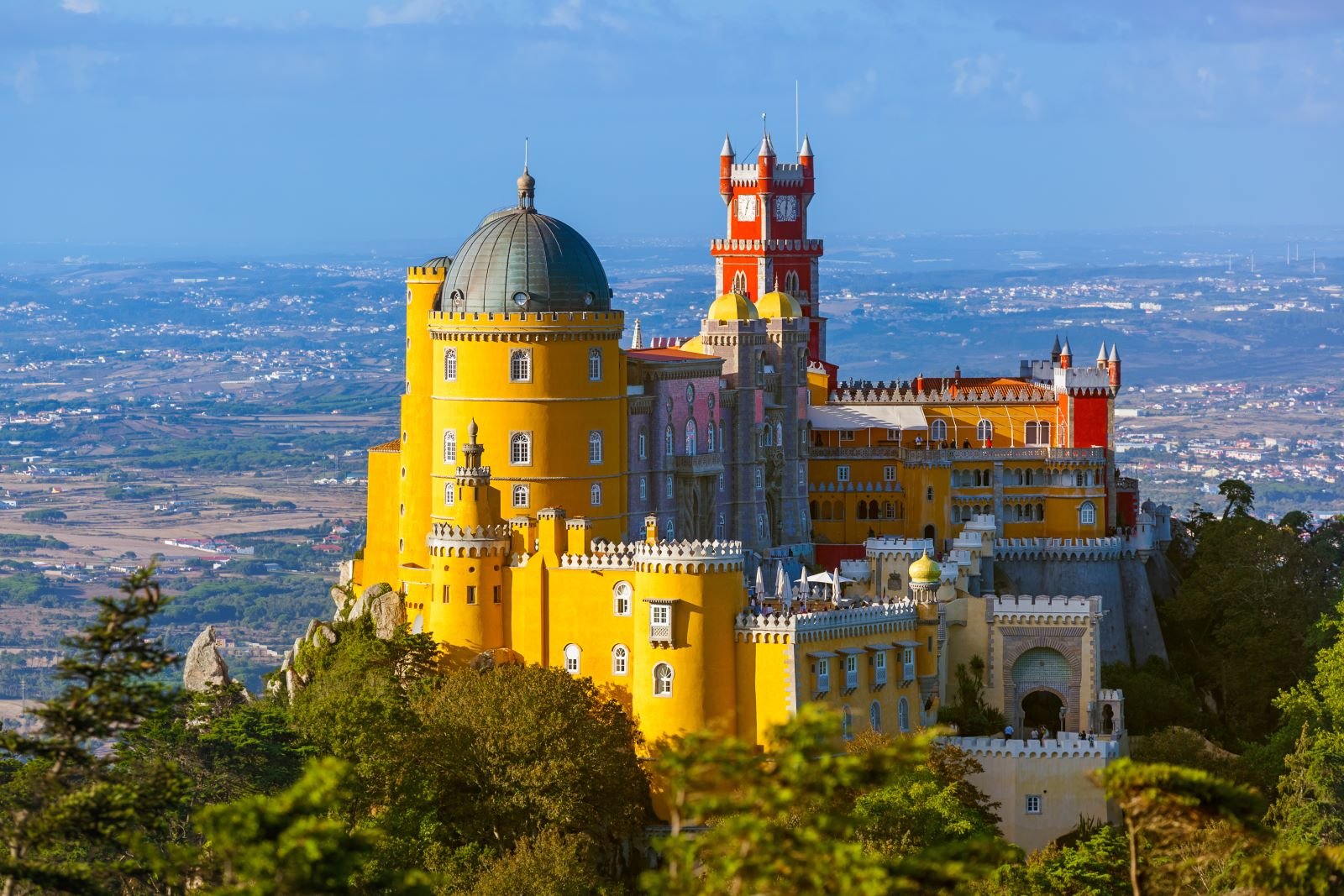
Portugal is home to a stunning array of architectural styles, reflecting its rich history and cultural influences. The Manueline style, characterized by ornate and intricate details, can be seen in landmarks like the Jeronimos Monastery and the Belem Tower. The country also boasts impressive examples of Moorish architecture, such as the Castle of the Moors in Sintra. Modern architecture enthusiasts will appreciate the works of Álvaro Siza Vieira, whose designs seamlessly blend contemporary aesthetics with traditional elements.
Unique Shopping Experiences
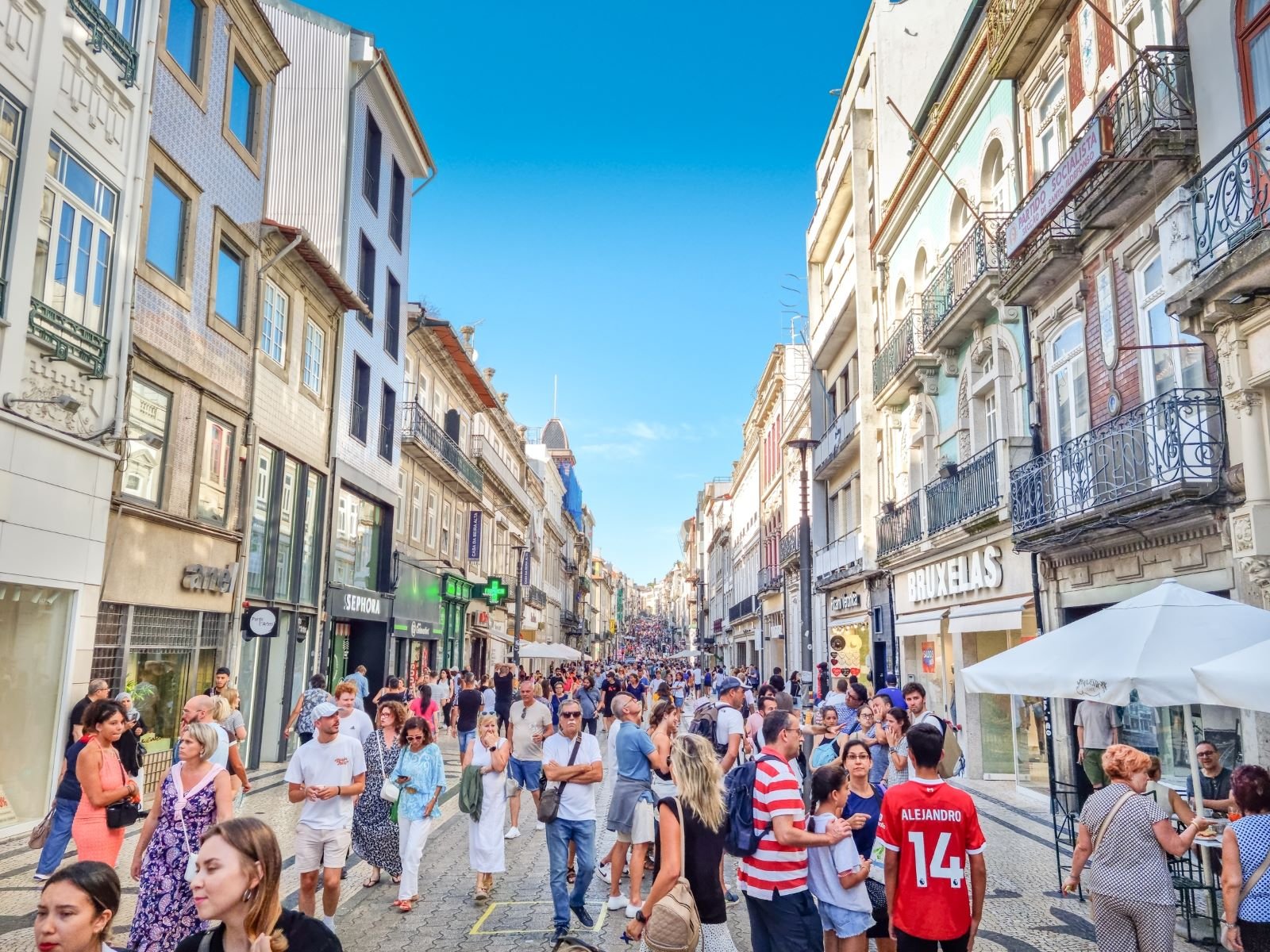
Shopping in Portugal offers a mix of traditional and modern experiences. Lisbon’s Baixa district is known for its historic shops and boutiques, while the Mercado da Ribeira offers a taste of local cuisine and crafts. Porto’s Livraria Lello, one of the most beautiful bookstores in the world, is a must-visit for book lovers. For souvenirs, consider traditional azulejos (decorative tiles), cork products, and artisanal ceramics. The country’s markets, such as the Feira da Ladra flea market in Lisbon, are treasure troves of unique finds.
Embracing the Slower Pace of Life
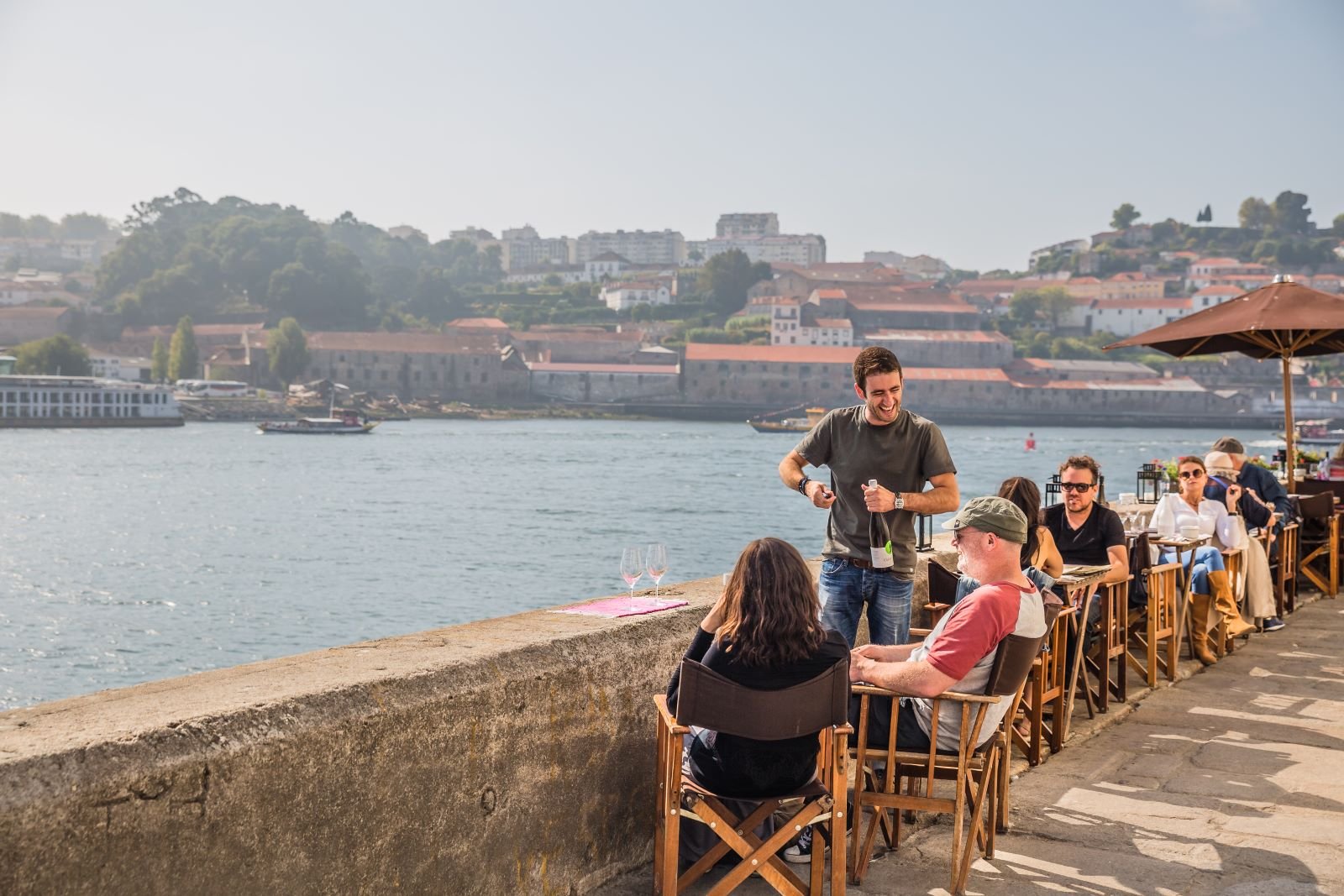
One of the most charming aspects of Portugal is its laid-back lifestyle. The concept of “saudade,” a deep, nostalgic longing, permeates Portuguese culture and is often reflected in the slower, more deliberate pace of life. Embrace the opportunity to relax and enjoy the simple pleasures, whether it’s savoring a leisurely meal at a local café or taking a stroll along the cobbled streets of an ancient town. This unhurried approach allows for a more immersive and enriching travel experience.
Practical Tips for Travelers

Before embarking on your journey to Portugal, keep in mind that Portugal uses Type C and F plugs with a standard voltage of 230V. Bring a universal adapter if your devices use different plugs. Portugal operates on Western European Time (WET), the same as GMT. Daylight saving time applies from the last Sunday in March to the last Sunday in October. It’s advisable to have comprehensive travel insurance that covers medical emergencies, trip cancellations, and lost luggage.
Plan Your Itinerary Based On Your Interest

With so much to see and do in Portugal, planning an itinerary can be overwhelming. Prioritize key destinations and experiences based on your interests and the duration of your stay. Balance popular tourist attractions with lesser-known gems to get a comprehensive view of the country. Allow flexibility in your schedule for spontaneous adventures and discoveries. Whether you’re drawn to historical landmarks, scenic landscapes, or cultural festivals, Portugal offers something for every traveler.


